< Back to
Library

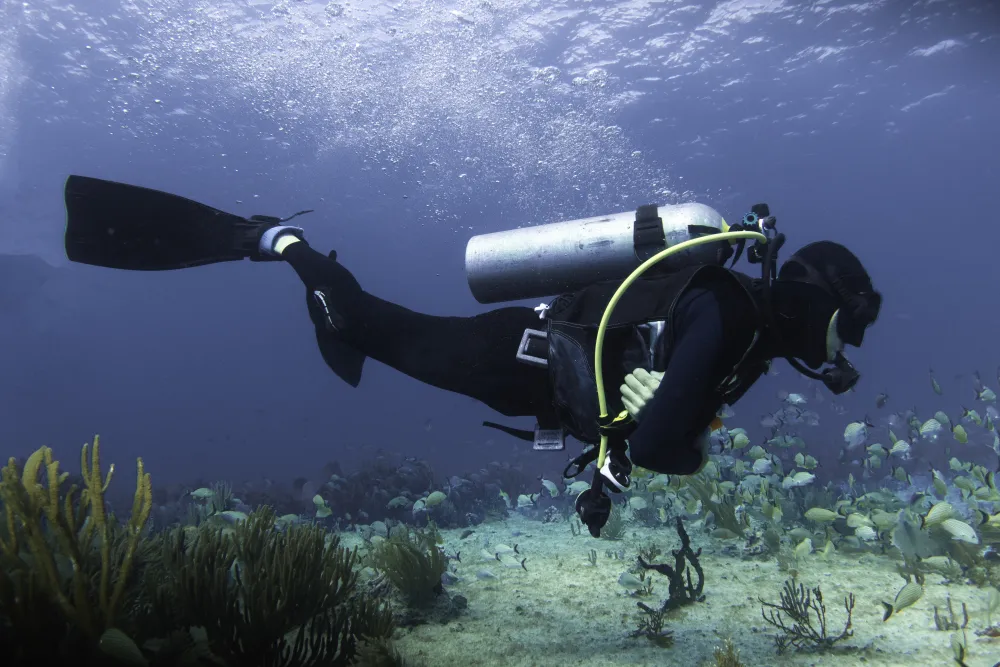
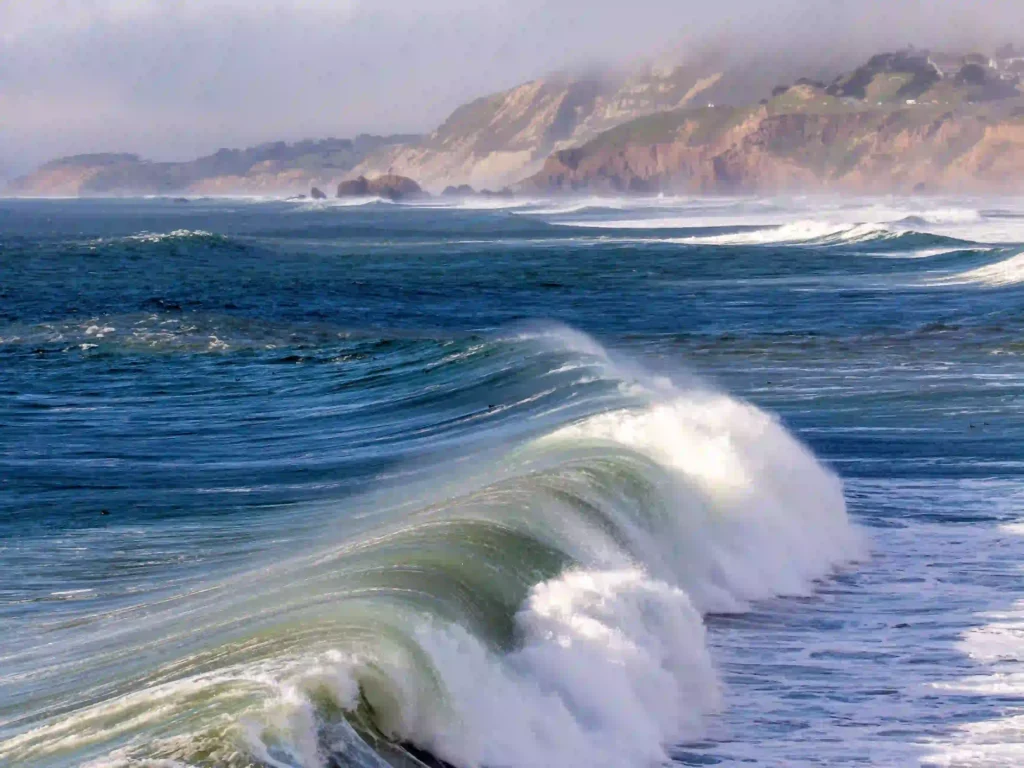
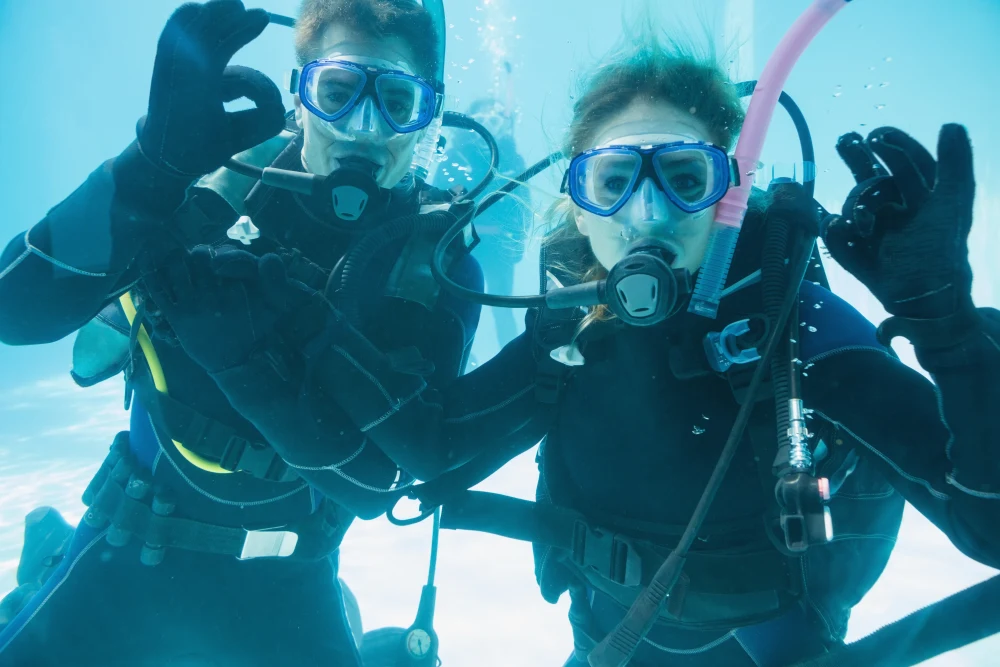
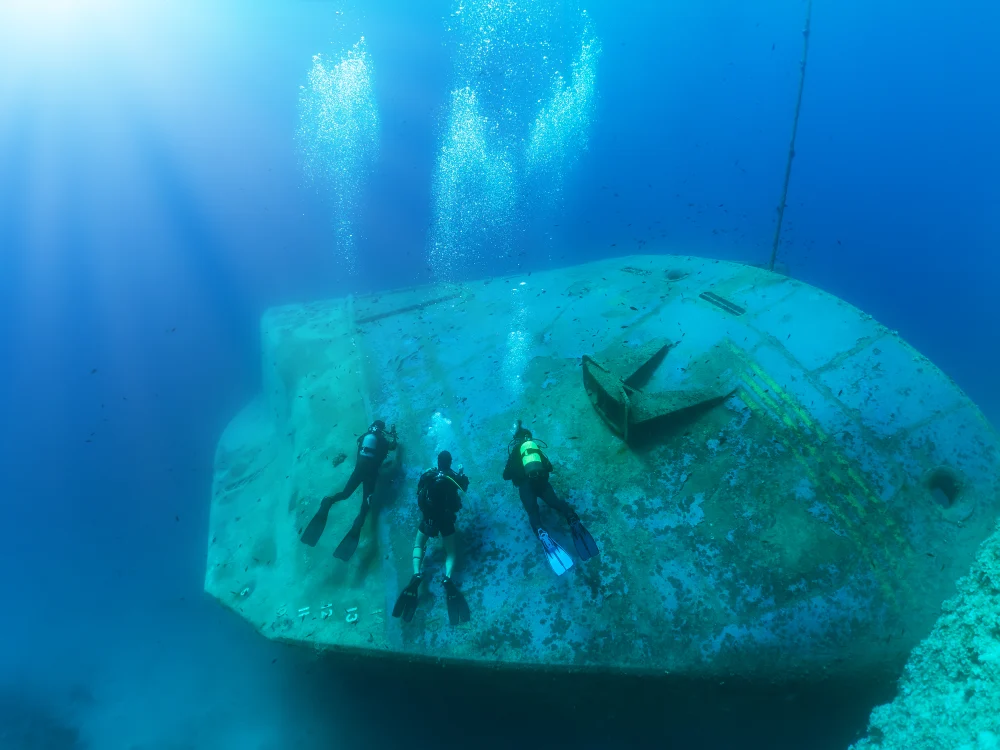
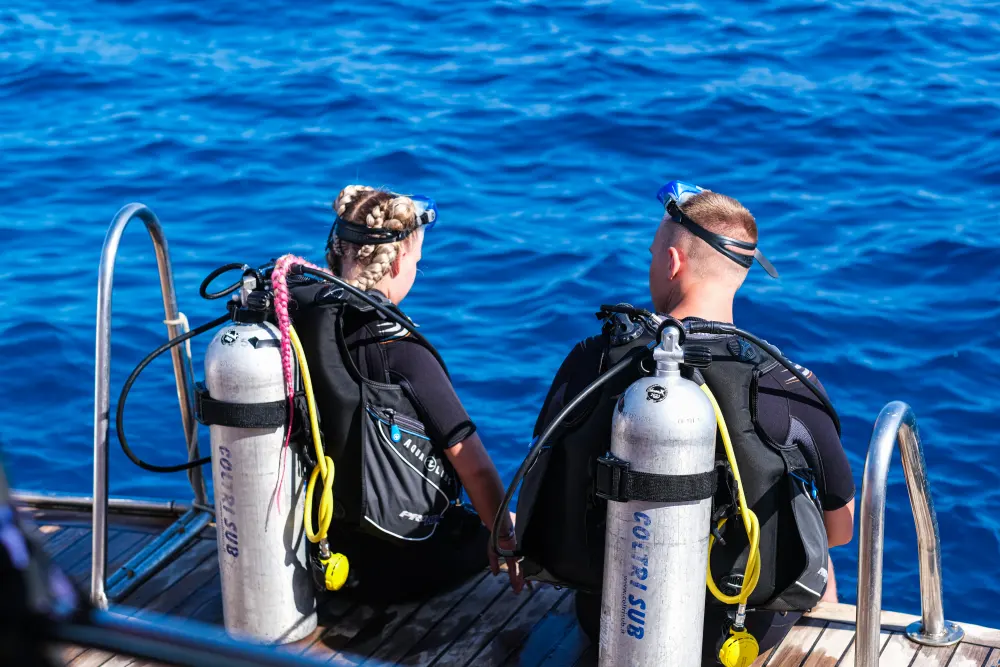
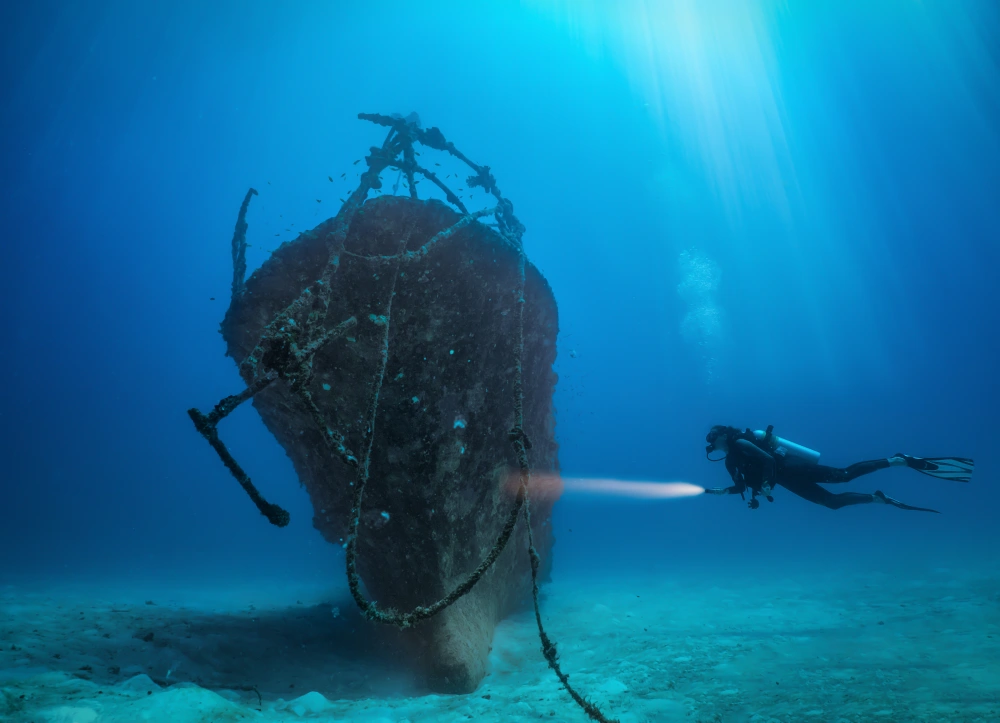
Commercial Diver

Commercial Diver
Job Sector
Energy and Natural Resources
Potential Salary (USD)
Low End: $30,000.00 /yr
Avg/Med: $55,000.00 /yr
High End: $130,000.00 /yr
Education Required
- High School Diploma or Equivalent
- Diving Certification
Job Outlook
The demand for commercial divers remains steady, driven by industries like marine construction and environmental remediation. As global infrastructure ages and renewable energy projects expand, opportunities for commercial divers in maintenance and underwater inspections are expected to grow.
Career Profile Overview
Commercial Divers work underwater to perform various tasks such as repairing infrastructure, conducting inspections, welding, and retrieving objects. They play a critical role in construction, environmental remediation, and salvage operations. This profession combines technical skills with the ability to adapt to challenging underwater environments.



Key Responsibilities
Underwater Construction and Repair
- Perform welding, cutting, and assembly work on underwater structures like pipelines and bridges.
Inspections and Maintenance
- Inspect underwater structures, vessels, and systems for damage, corrosion, or defects.
Salvage Operations
- Retrieve sunken vessels, aircraft, or cargo, often for environmental or recovery purposes.
Environmental Work
- Assist in projects like cleaning contaminated water systems, repairing ecosystems, or managing aquatic environments.
Dive Equipment Management
- Operate and maintain specialized diving gear, tools, and underwater equipment.
Safety Compliance
- Ensure adherence to safety protocols, decompression schedules, and emergency procedures.
Educational Path
High School
- Courses in physics, math, and mechanical skills are beneficial.
Specialized Training Programs
- Completion of a commercial diving program from an accredited diving school is required.
- Association of Diving Contractors International (ADCI) Certification
- Commercial Scuba Diver Certification
Advanced Certifications
- Underwater Welding Certification
- Hazardous Environment Diving Certification
Entry-Level
Dive Tender
- Supports commercial divers by preparing equipment, assisting on-site, and ensuring dive safety.
Inshore Diver
- Handles shallow-water projects like inspections or minor repairs in controlled environments.
Marine Construction Worker
- Works on building or repairing structures like docks and seawalls, often assisting divers.
Mid-Level
Underwater Welder
- Specializes in welding and cutting metal underwater for infrastructure projects.
Offshore Diver
- Works on pipelines, conducting inspections and repairs in deep water.
Salvage Diver
- Focuses on recovering wreckage, debris, or valuable materials from underwater sites.
Senior-Level
Dive Supervisor
- Oversees dive operations, ensuring safety and efficiency while managing teams of divers.
Marine Engineer (Diving Specialty)
- Designs and oversees the construction or repair of underwater structures using diving expertise.
Project Manager (Underwater Operations)
- Leads large-scale underwater construction or environmental projects, managing teams and budgets.
Skills and Qualities
Equipment Operation
- Proficiency in operating diving equipment, underwater tools, and systems.
Physical Endurance
- High level of endurance, strength, and ability to work in challenging conditions.
Problem Solving
- Quick thinking and adaptability to troubleshoot issues underwater.
Communication
- Clear communication with surface teams and other divers.
Detail Oriented
- Precision in tasks like welding or inspections.
Safety Compliance
- Strong focus on following safety protocols and decompression guidelines.
United States
Divers Institute of Technology | Washington
- Program: Commercial Diver Training
- Website: Divers Institute
Santa Barbara City College | California
- Program: Marine Diving Technology
- Website: SBCC
Canada
Commercial Diving Institute of Canada | British Columbia
- Program: Unrestricted Surface Supplied Diver Program
- Website: CDIC
Atlantic Commercial Diving Centre | Prince Edward Island
- Program: Unrestricted Surface Supplied Diver Certification
- Website: ACDC



